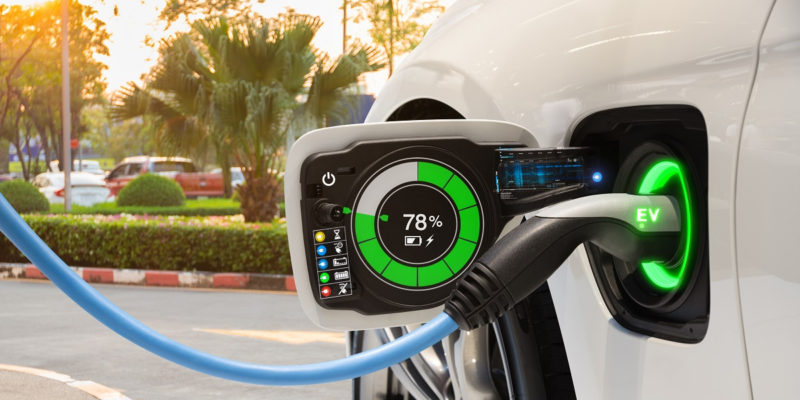Given a chance to pass legislation bringing more sense to electric vehicle policy, the Louisiana Legislature is whiffing big time.
Recent federal government policy has diverted billions of dollars towards putting these vehicles on the road, both with tax write-offs and direct spending on infrastructure to support their use such as throwing money at states to build charging stations. But it has left states high and dry when it comes to EV roads use, because both states and it charge a per gallon retail gasoline excise tax for roads building and maintenance, but EVs avoid contributing to that even as these use the same byways.
So, states have started turning to special per vehicle excise taxes for both EVs and hybrid vehicles. The majority, 30, now have these for EVs, while 14 also include lesser fees on hybrids. Louisiana neighbors Arkansas, $200 annually for EVs and $100 for hybrids, and Mississippi, $150 annually for EVs and $100 for hybrids and indexed for inflation starting last year, are among those with both.
These fees are typical of states that charge. Which is why Republican state Rep. Barbara Freiberg perhaps aimed a bit high when she initially introduced HB 1031, which would have created a yearly fee of $400 per EV and $275 for hybrids. This would have been collected along with the vehicle registration fee at sale and every two years by the Office of Motor Vehicles.
Thus, when the bill hit the House Transportation, Highways, and Public Works Committee, lowering these somewhat wasn’t a bad thing. The problem was, they were lowered too far, to $110 annually for EVs and $60 for hybrids.
Advertisement
But then another committee alteration then essentially lowered these close to zero in aggregate. Instead of having OMV collect it as part of registration – a foolproof way of identifying EV owners and ensuring payment – the committee placed fee collection in the hands of the Department of Revenue, basically as an add-on to income tax filing. This will make evasion of payment far easier as well as create all sorts of unnecessary bureaucracy, including having to figure out a partial year schedule, language which Freiberg had added on the House floor.
This version, while better than nothing isn’t much more, passed the House of Representatives earlier this week. The Senate should revert the bill back to the original collection mechanism and assign a more reasonable fee structure – Arkansas’ looks adequate on this account – to avoid a toothless measure that will collect little revenue dedicated to roads (a more positive amendment divvied up the avails to state and parish roads construction).
It’s possible that what has hit the Senate only has a shot at passage, given the necessity of supermajorities to impose a new tax and the rabid climate alarmism that has infected Democrats could make a House supermajority difficult to achieve and/or draw a veto from Democrat Gov. John Bel Edwards, claiming anything more discourages EV/hybrid ownership. If so, that may be all that can be achieved, and if that transpires then a more-enlightened Legislature and governor after 2023 elections must fix this.
Advertisement
Advertisement

